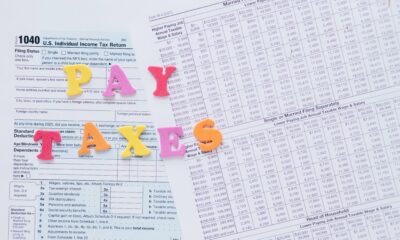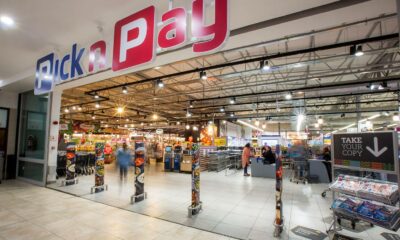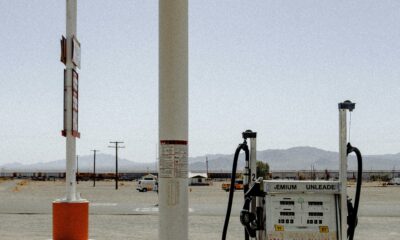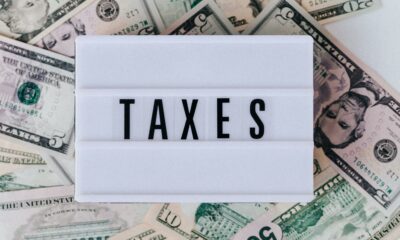Business
Woolworths Takes on SARS and Wins R8 Million in VAT Dispute
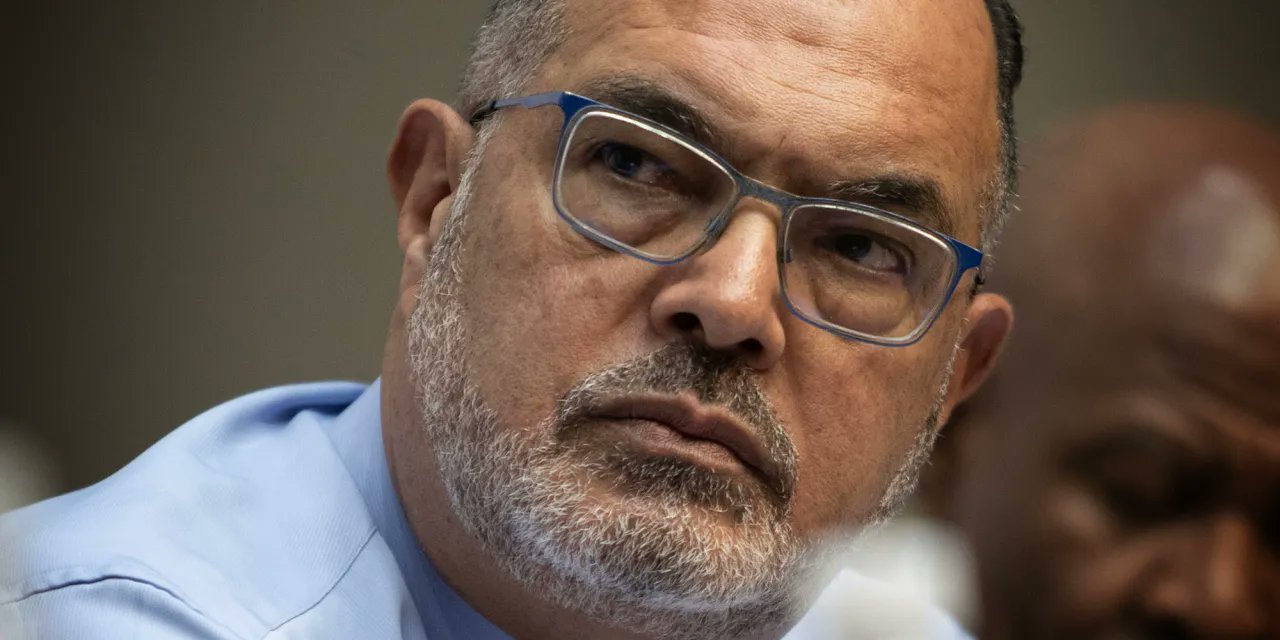
A Supreme Court ruling sides with Woolworths in a major tax showdown, warning SARS against using cherry-picked definitions to reject business claims.
A big win for Woolworths, and a warning for SARS
South African retail giant Woolworths has scored a major legal victory against the South African Revenue Service (SARS) and it comes with an R8 million price tag. But the real impact of this ruling reaches far beyond Woolworths’ balance sheet.
In a decision handed down by the Supreme Court of Appeal (SCA) on July 4, Woolworths was given the green light to claim input VAT linked to its 2014 acquisition of Australian retailer David Jones. The ruling also slammed SARS for narrowing the scope of what qualifies as part of an enterprise and for imposing an unfounded penalty.
The VAT that sparked a legal fight
Back in 2014, Woolworths acquired David Jones for R21.4 billion. To fund the deal, the company raised R10 billion through a rights offer, essentially issuing new shares to existing shareholders. That capital-raising effort came with hefty underwriting fees, which in turn attracted significant VAT.
Woolworths tried to claim R8.47 million of that VAT back, arguing it was input tax on costs directly tied to its business operations as an active investment holding company. SARS wasn’t buying it. They argued Woolworths wasn’t in the business of regularly issuing shares and treated the transaction as a once-off event—not part of the company’s ongoing “enterprise.”
Worse still, SARS slapped on a 10% understatement penalty worth R2.1 million and disallowed further VAT deductions on what it deemed “imported services.”
SCA: SARS missed the bigger picture
The Supreme Court wasn’t impressed. In its ruling, the court made it clear that SARS had taken an overly narrow and technical view of Woolworths’ operations.
According to the SCA, SARS wrongly isolated the rights offer as a stand-alone transaction. Instead, the court emphasized that Woolworths functions as an active investment holding company, meaning acquiring and managing subsidiaries is its core business. Capital-raising isn’t some outlier; it’s essential.
The court pointed to the Value-Added Tax Act, which explicitly allows activities connected to starting or continuing an enterprise to be included for VAT purposes. Even a single capital-raising transaction, the court said, could qualify, if it serves the broader purpose of the business.
On the understatement penalty: No factual basis
As for the penalty SARS imposed, the court found no justification. SARS had claimed Woolworths got a legal opinion on its VAT position only after filing its return, implying bad faith or negligence. But the court disagreed, saying the opinion was sought in good time, was disclosed, and critically was accurate.
Not only was the penalty struck down, but SARS was also ordered to pay Woolworths’ legal costs, including for two senior counsels.
The wider tax implications
While this was a clear victory for Woolworths, tax specialists say it has major implications for other South African businesses. In recent years, SARS has ramped up litigation and become more aggressive in challenging VAT claims, especially those tied to unusual or complex transactions.
Tax Consulting SA, responding to the judgment, said SARS has increasingly used “narrow” definitions to reject VAT refunds, especially in cases involving investment holding companies. But the Woolworths case now sets a strong legal precedent.
“SARS cannot cherry-pick transactions in isolation. Courts will look holistically at a taxpayer’s business and purpose,” the firm said.
The court itself put it more bluntly: a comprehensive assessment of a company’s activities is required, not a tunnel-vision focus on one line item.
A misread precedent and a miscalculation
Interestingly, SARS had relied on a previous case involving mining group De Beers to make its argument. But the SCA found that the tax authority misunderstood that ruling. In De Beers’ case, the expenses didn’t link to the core mining operations. In Woolworths’ case, the capital raised was directly tied to the company’s business model of managing subsidiaries.
That distinction, though subtle, proved critical and costly for SARS.
Why this matters for all taxpayers
This ruling comes at a time when many businesses are under audit or facing clawbacks on previously approved VAT refunds. SARS’ more aggressive posture has left many companies scrambling to defend themselves against retroactive disallowances.
But now, the SCA’s ruling offers something of a shield. It makes it clear that just because a transaction is once-off doesn’t mean it’s irrelevant to the business. If it helps drive the core purpose of the enterprise, it should be VAT-deductible.
SARS must play fair
The court didn’t just side with Woolworths, it sent a broader message to the taxman. South Africa’s VAT system is designed to tax final consumption, not to punish legitimate, strategic business activity.
In trying to narrow the goalposts, SARS overstepped. The result? A courtroom loss, a dent in its credibility, and an expensive lesson.
For South African businesses, it’s a welcome reminder: SARS may scrutinise, but it can’t rewrite the rules. Not without a fight.
{Source: BusinessTech}
Follow Joburg ETC on Facebook, Twitter , TikTok and Instagram
For more News in Johannesburg, visit joburgetc.com

